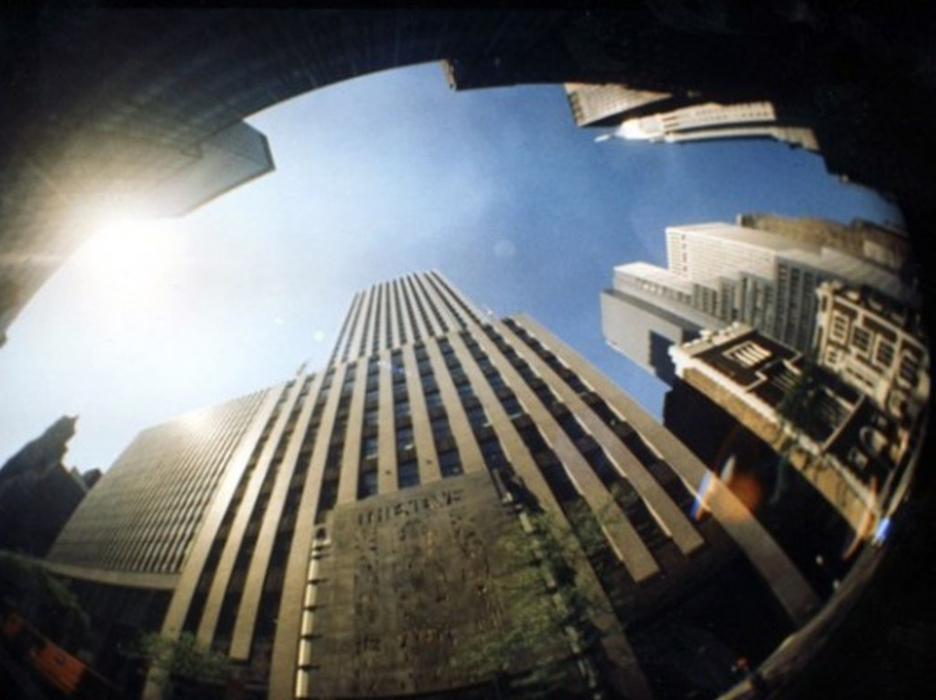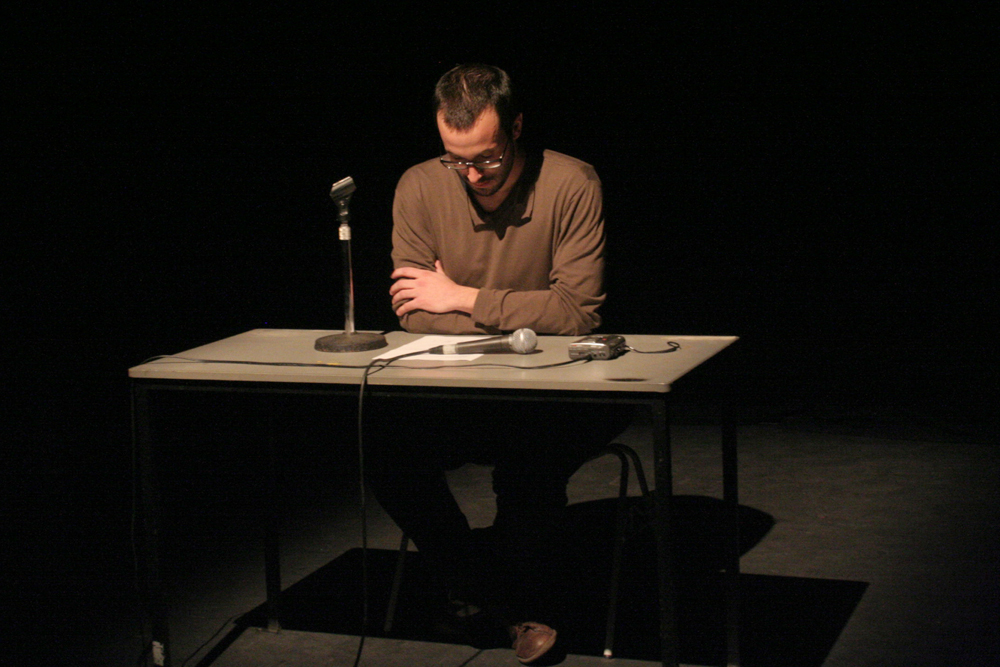Stalled at Universal – Box & Nimrod 33
Box Nimrod 33
Dundee. Progressive rhythmical guitar squall vs. post-highland discorporate dusk-jockey.
Arika have been creating events since 2001. The Archive is space to share the documentation of our work, over 600 events from the past 20 years. Browse the archive by event, artists and collections, explore using theme pairs, or use the index for a comprehensive overview.
Dundee. Progressive rhythmical guitar squall vs. post-highland discorporate dusk-jockey.

How black radical practices of abolition imagine a way out of the caging and mass killing of life.

The queer archiving of traumatic cultural memory from one of the leading voices working with queer archives.

An informal conversation, over breakfast, about how abolition and movement work structures Mijke and Nat’s approach to transfeminism, ahead of their new book Trans Femme Futures.

Sparse and miniature free thought workouts involving guitar, vocals and tuba.

Databases carry the same seeds of creativity that early documentary makers saw in film. Both can empower people by helping them to master information, both can be claimed to represent some kind of reality or truth.

To Rococo Rot member Robert Lippok performing for the first time in the UK with his solo project.

When one calls a strike, who hears the call, who attunes and listens to it? How to listen to the call of a strike? What prevents one from hearing this call or stops one from listening to it?

Includes: a polish counting lesson, around NYC with D A Pennebaker, a portrait of a tower block, a man with a spade, at home with KYTN regular Guy Sherwin, a cinematic Blair Witchish cut-up and a song for some swings.

Open-ended, paradoxical and performed investigations into: misunderstanding, language games, form saturated with sense, and consecutive matters…

Inspired by the supernatural horror of H. P. Lovecraft, black metal and a sense of worry as to what constitutes an object, or a world.

How do you know what you want? Should freedom be doing what you ought, not doing what you want? How might a philosopher and artist turn this thinking into an enabling condition in the context of noise and improvisation?